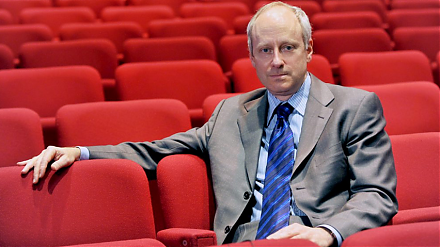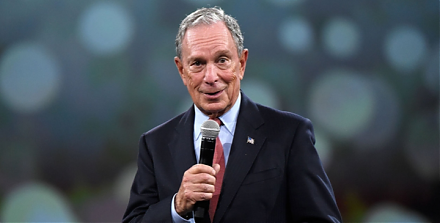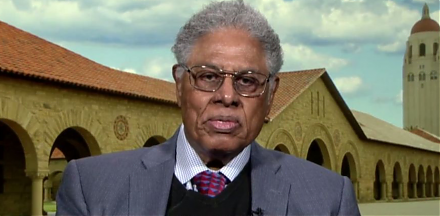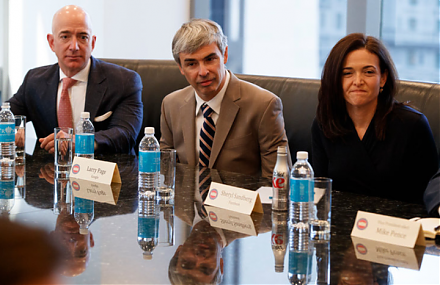

2019-06-27 10:39:00 Thu ET
treasury deficit debt employment inflation interest rate macrofinance fiscal stimulus economic growth fiscal budget public finance treasury bond treasury yield sovereign debt sovereign wealth fund tax cuts government expenditures
Berkeley tax economists Gabriel Zucman and Emmanuel Saez find fresh insights into wealth inequality in America. Their latest estimates show that the top 0.1% of U.S. taxpayers control 20% of American wealth. This result represents the highest share since 1929. The top 1% of U.S. taxpayers control 39% of American wealth, whereas, the bottom 90% of U.S. taxpayers keep only 26% of American wealth. In contrast, the bottom half of Americans collectively have a negative net worth (i.e. total liabilities exceed total assets).
Zucman further finds that multinational corporations move 40% of their $600 billion offshore profits out of high-tax countries into lower-tax jurisdictions. With their main empirical results, Saez and Zucman both champion bold and aggressive tax policy recommendations. For instance, Senator Elizabeth Warren proposes a wealth tax that would rake in $2.8 trillion over the next decade. Warren confers with Saez and Zucman again before she floats a corporate tax on net profits above $100 million. This tax may raise $1 trillion over 10 years. Further, New York congressional rep Alexandria Ocasio-Cortez proposes to hike the top marginal tax rate for Americans who earn annual income above $10 million. The Saez-Zucman empirical results lend credence to these bold tax policy proposals.
If any of our AYA Analytica financial health memos (FHM), blog posts, ebooks, newsletters, and notifications etc, or any other form of online content curation, involves potential copyright concerns, please feel free to contact us at service@ayafintech.network so that we can remove relevant content in response to any such request within a reasonable time frame.
2023-06-21 12:32:00 Wednesday ET

Michael Sandel analyzes what money cannot buy in stark contrast to the free market ideology of capitalism. Michael Sandel (2013) What money
2018-11-11 13:42:00 Sunday ET

Michael Bloomberg provides $80 million as campaign finance for Democrats to flip the House of Representatives in the November 2018 midterm elections, gears
2018-10-15 09:33:00 Monday ET

Several pharmaceutical companies now switch their primary focus from generic prescription drugs to medical specialties such as cardiovascular medications an
2023-11-14 08:24:00 Tuesday ET

Thomas Sowell argues that some economic reforms inadvertently exacerbate economic disparities. Thomas Sowell (2019) Discrimination and econo
2018-01-12 07:37:00 Friday ET

The Economist delves into the modern perils of tech titans such as Apple, Amazon, Facebook, and Google. These key tech titans often receive plaudits for mak
2018-08-11 14:35:00 Saturday ET

The Trump administration imposes 20%-50% tariffs on Turkish imports due to a recent spat over the detention of an American pastor, Andrew Brunson, in Turkey